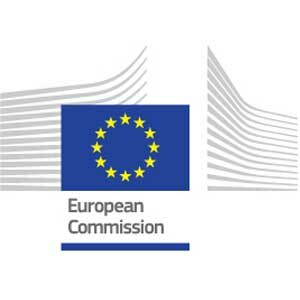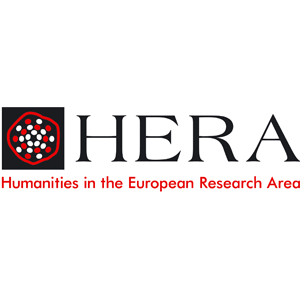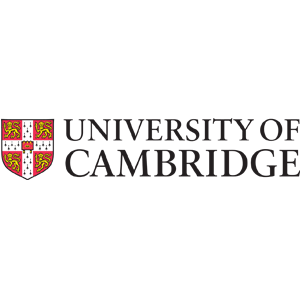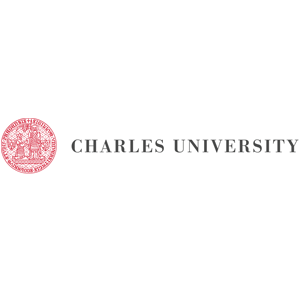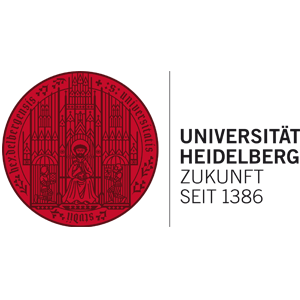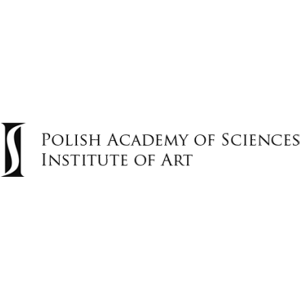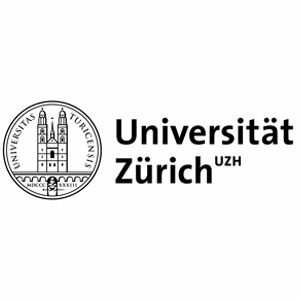This website was archived on 31 October 2020. For information on project participants and project outputs postdating that point in time, please refer to the usual bibliographic and internet search tools.

Photo 1. Introit Salve sancta parens (Ms. II A 6, fol. 99r).
For today’s Europeans, the existence of a collective musical past is a given. The past is heard and negotiated in the concert hall, and when we listen to or perform popular ‘oldies’; countless political and emotional narratives are attached to it, demonstrating the extent to which the musical past can be instrumentalised.
From July 2016 to September 2019, our project explored the mechanisms by which Europeans of a distant past (c. 1200-1600) used collective musical memory to shape cultural and political behaviour. Specifically, this research project asked in which ways are these mechanisms relevant to the societies of 21st-century Europe?
The research was being directed by the following PIs (Principal Investigators):
- Prof. Dr. Paweł Gancarczyk, Polish Academy of Sciences, Warsaw
- Prof. Dr. Inga Mai Groote, Heidelberg University (effective 1 February 2018: University of Zurich)
- Dr. Lenka Hlávková, Charles University, Prague
- Prof. Dr. Karl Kügle, Utrecht University (Project Leader)
- Prof. Susan Rankin, University of Cambridge
The research consortium collaborated with the following APs (Associate Partners):
- Anonymous III, Cambridge
- Bastarda, Warsaw
- La Morra, Basle
- Schola Gregoriana Pragensis, Prague
- Spacesound/Soundspace, Academy of Performing Arts, Prague
- Trigon Ensemble, Leiden
Read more about the project, the several teams and the Associate Partners.
This video shows and explains what SoundMe set out to accomplish:
The following video offers a reflection of our work over the past three years, highlighting many of our achievements and what members of the project viewed as particularly valuable insights they gained from being part of the team:

